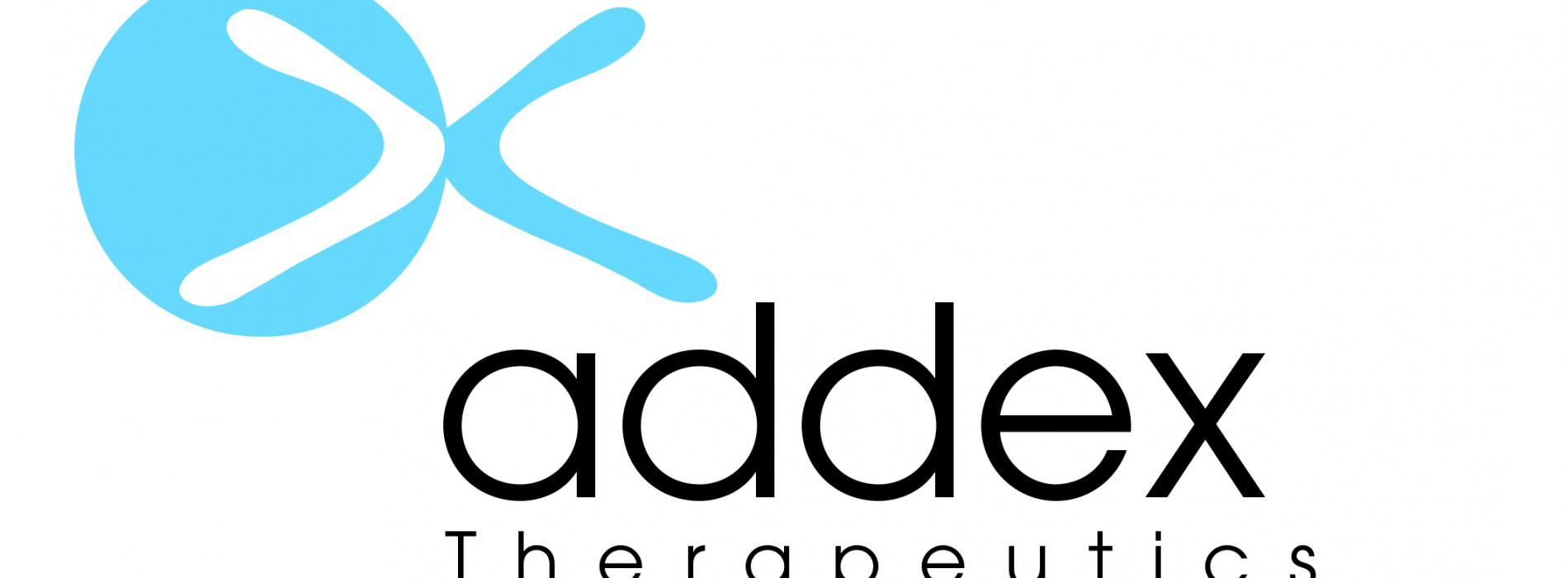
Addex Therapeutics is a biopharmaceutical company focused on the development of novel, orally available, small molecule allosteric modulators for neurological disorders. Allosteric modulators are an emerging class of small molecule drugs, with characteristics that give them significant therapeutic advantages over conventional orthosteric molecules or biological molecules. They bind to the therapeutic target at a site separate from the site used by the natural ligand (= allosteric site). This allows a more modulating action of the function of the therapeutic target, and not an ON / OFF typically obtained with ligands which bind the same site as the natural ligand (= orthosteric site). Addex's unique technological platform enables the identification and optimization of allosteric modulators of receptors of interest. Each of the preclinical and clinical projects constituting the Addex therapeutic pipeline was generated using this unique allosteric modulation platform, pioneering this field.
Dipraglurant, an allosteric negative modulator of the mGlu5 receptor, is Addex's most advanced clinical program. This molecule has successfully completed a phase 2a clinical trial in patients with Parkinson's disease, significantly reducing dyskinesia appearing after chronic treatment with L-dopa which is the most common but also most effective pharmacological therapy for the treatment of motor symptoms in PD. Addex is starting a phase 2b/3 clinical trial with dipraglurant in PD-LID patients beginning of 2020, and results are expected in the second half of 2021. An extended release formulation of dipraglurant will also be tested in a separate phase 2a proof-of-concept study in patients suffering from dystonia.
Addex’s second clinical program with ADX71149, an allosteric modulator of the mGlu2 receptor identified in collaboration with Janssen Pharmaceuticals, aims to demonstrate its potential to treat epilepsy.
The Addex pipeline also includes several pre-clinical research programs at various stages before entry in clinic, most of them in collaboration with leading industrial and academic partners. A program close to delivering a clinical candidate aims to identify a positive allosteric modulator of the metabotropic GABA receptor (GABAB) as potential treatment for several indications such as Charcot-Marie-Tooth disease type 1A (CMT1A), and substance abuse (nicotine, alcohol, cocaine). Other programs seek to identify allosteric modulators of the metabotropic glutamate receptors mGlu7, mGlu2, mGlu4 and mGlu3 for post-traumatic stress disorder, mild cognitive impairment, Parkinson's, and neurodegenerative diseases, respectively.
